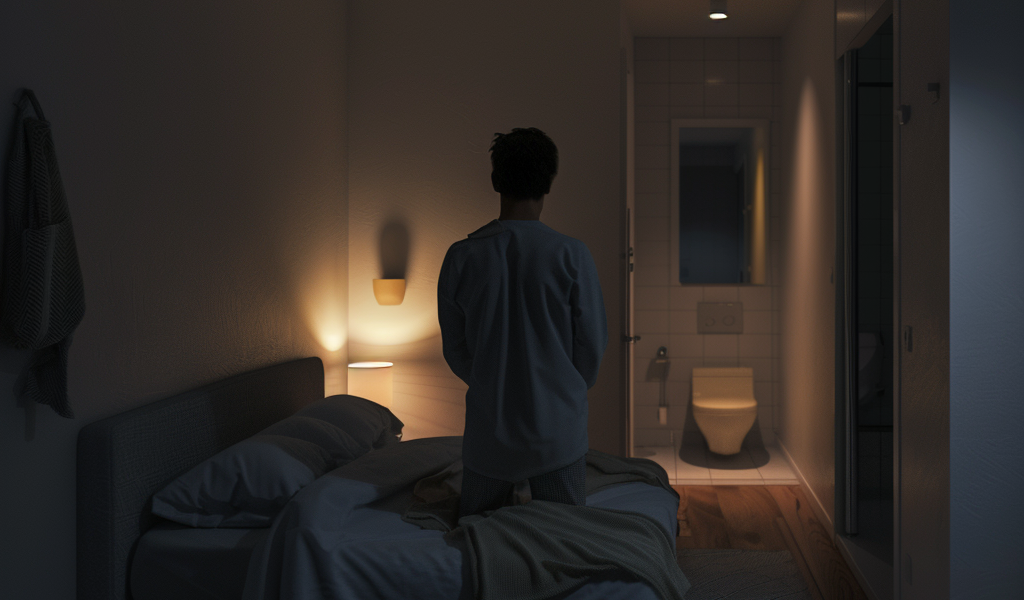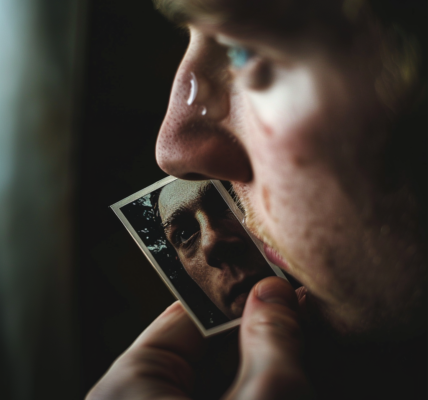Sleep disturbances due to frequent urination can be a frustrating experience for many individuals. If you find yourself waking up multiple times during the night to urinate, you may be suffering from a condition known as nocturia. This common urological issue affects about 1 in 3 people over the age of 30, as reported by the National Library of Medicine.
Nocturia may stem from various underlying factors, including medical conditions and lifestyle choices. Dr. James J. Elist, a renowned urologist specializing in impotence and male sexual dysfunction, emphasizes that excessive fluid intake before bedtime or the consumption of diuretic substances can contribute to the development of nocturia.
Individuals experiencing nocturia may also encounter additional symptoms beyond nighttime urination, such as increased daytime urination, challenges initiating urination, a weakened urine flow, discomfort during urination, and feelings of fatigue or daytime drowsiness. Research indicates that age, weight, race, and gender can all influence the likelihood of nocturia development. Dr. David Shusterman, the chief physician and founder of New York Urology, notes that black and Hispanic individuals over 40 years old, as well as women who have had multiple pregnancies, are at a higher risk of experiencing nocturia.
Various lifestyle factors, including fluid consumption before bedtime, alcohol or caffeine intake before sleep, smoking, and physical inactivity, can also contribute to the onset of nocturia. If you find yourself frequently waking up during the night to urinate, it is advisable to seek medical attention for a proper diagnosis and treatment of nocturia.





